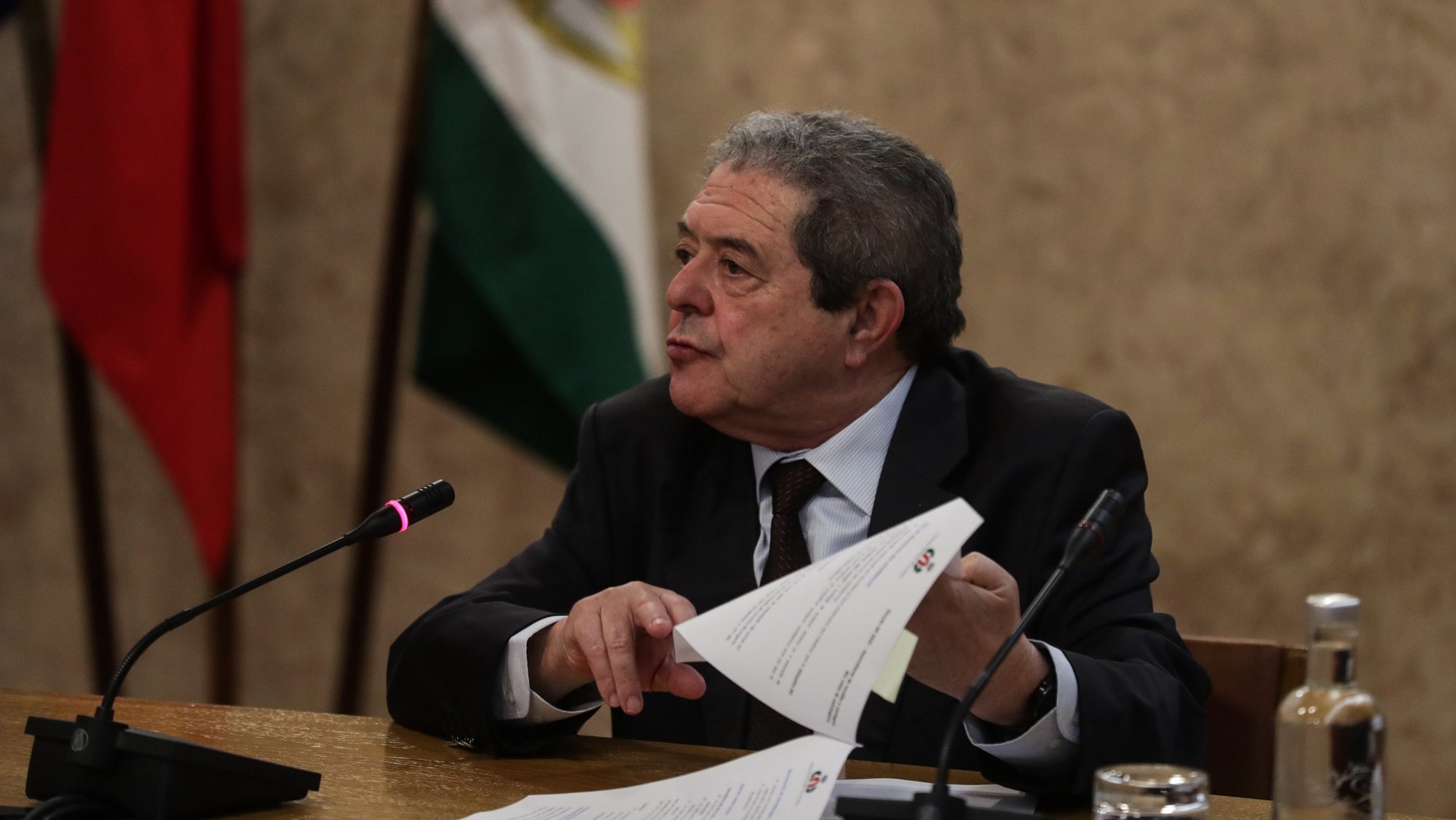The spokesman for the National Elections Commission (CNE) of Portugal told Lusa that there is “no data that jeopardizes the reliability of the electoral process” in Brazil, which will vote on Sunday.
“No data that compromises the reliability of the process is disclosed to the public,” said João Almeida, who is in Brasilia with a delegation from the CNE, one of the entities of the electoral network of the Community of Portuguese Language Countries (CPLP). Lusa. ) who will be an observer of the Brazilian elections.
The CNE official also stressed that only “affirmations circulate, but the affirmations are one thing, the data is another,” referring to the doubts raised by the Brazilian president, Jair Bolsonaro, and his followers, who have questioned the reliability of the system. of electronic communication. vote that Brazil adopted almost three decades ago.
“They made us aware of the way the process is verified,” the material and the ways it works, such as the algorithms, João Almeida explained.
“The computers that work with us took a look and did not see anything strange, or anything that raised doubts”the spokesman stressed.
João Almeida also recalled that “Brazil was a pioneer in the use of the electronic voting system in a generalized and universal way”, in a system adopted in 1996.
Therefore, “in principle this points to a general consideration of the reliability of the system,” he stressed.
“Usually these processes, these forms of voting, have been well received in countries like Brazil that have a dimension that, with traditional processes, took days and days to determine the result of the election” and with that “conflict situations can arise and doubts,” he said.
One hundred international observers are expected to follow the highly polarized Brazilian elections between Jair Bolsonaro and Lula da Silva.
In addition to the CPLP, the North American organizations The Carter Center and the International Foundation for Electoral Systems, the Inter-American Union of Electoral Organizations and the world network of Electoral Justice, missions from the Mercosur parliament also come.
The observers must visit the polling places, follow the integrity test of the electronic voting machines and observe the vote count at the TSE headquarters in Brasilia.
On Wednesday, Jair Bolsonaro once again raised his voice against the electronic voting system.
“Despite the monitoring of the Armed Forces”, which participate in the electoral process, “we could not zero out the possibility of fraud”, said Bolsonaro, during a live broadcast on social networks, four days before the elections that will be held on Sunday.
That same day it was learned that the Liberal Party (PL), Bolsonaro’s party, sent the TSE a report from a technical team hired to analyze the voting system.
The document questions the fact that “only a restricted group of employees and collaborators” of the Electoral Justice “control all the source code of the electronic voting machines.”
The TSE has already reacted to these complaints.
The conclusions of the document entitled ‘the results of the compliance audit of the PL in the TSE’ are false and untrue, without any basis in reality, gathering fraudulent and offensive information against the Democratic Rule of Law and the Judiciary, especially the Electoral Justice, in a clear attempt to embarrass and disrupt the natural course of the electoral process,” reads a TSE statement.
Analysts, institutions, and organizations have accused Jair Bolsonaro of igniting his support base and setting the stage for “an invasion of the Capitol,” as happened in the United States.
In defense of a system adopted in 1996 and that since then has not been the subject of any complaint for possible irregularities, the president of the TSE, Alexandre de Moraes, who is also a member of the Supreme Court of Justice, again guaranteed that the electronic system the vote count “is transparent and auditable.”
All the polls indicate that Lula da Silva has an advantage of around 15 percentage points over Bolsonaro, and that he could win in the first round.
Source: Observadora
